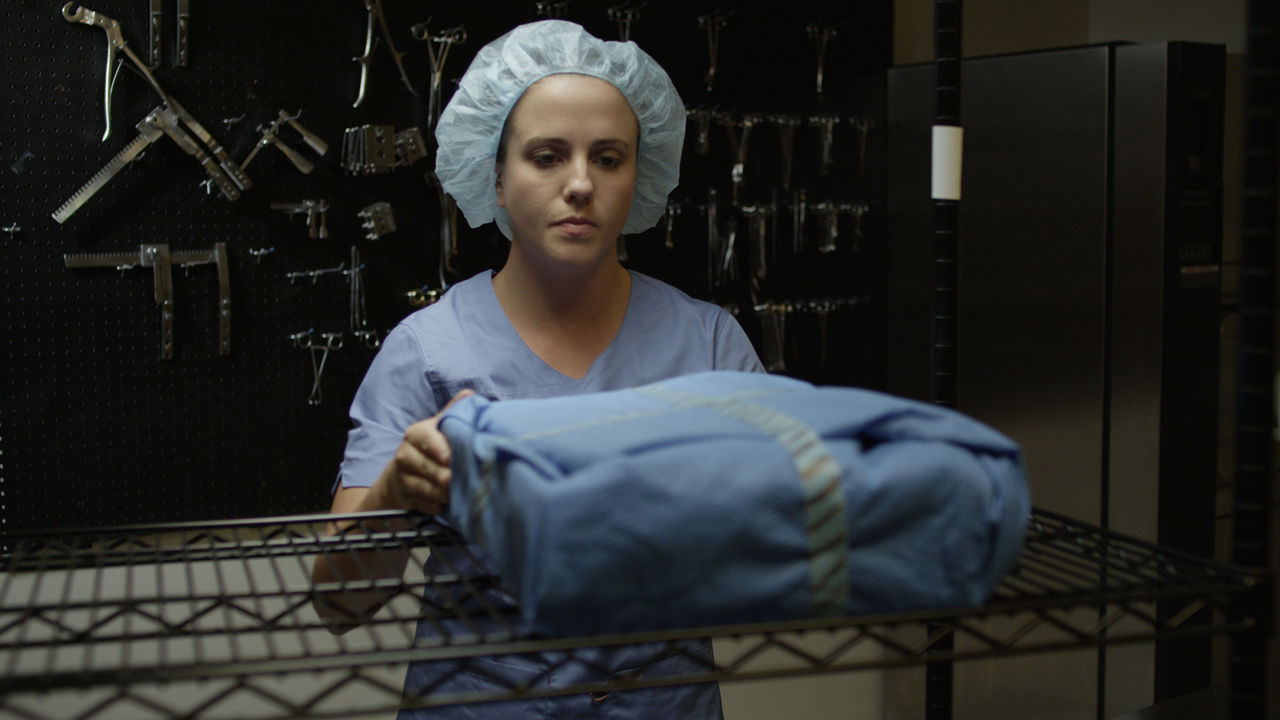Modern medicine has made significant advances in understanding the role of infection control in a surgical environment. Importantly, it means ensuring medical tools and instruments are sterilized for good patient outcomes. Have you ever wondered who is responsible for making sure surgical instruments and hospital equipment are properly sterilized? This is the role of a sterile processing technician.
What the Job Involves
Sterile processing technicians are responsible for cleaning and sterilizing surgical instruments, medical devices, and lab equipment, along with safely repackaging instruments and storing them in a sterile storage area for the next time they’re needed. Whether a medical procedure is routine or part of an emergency surgery, properly sterilized equipment is critical for patient safety.
Sterile processing technicians take apart surgical tools to clean and disinfect them manually and mechanically. Part of the job includes using an autoclave, a machine that uses steam under pressure to disinfect. Sterile processing technicians also inspect equipment for damage, as well as examine, test, and monitor instruments and equipment to ensure they’re working properly. Other duties include maintaining records of sterilization and supply inventory, and delivering supplies to various departments. The technicians may also be responsible for the hospital’s inventory of surgical gowns, gloves, and masks.
Typically, sterile processing technicians work in a hospital setting, but outpatient surgical centers and clinics also need these professionals.
Required Skills
Attention to detail and focus are important skills to have. You must also comply with hospital policies and follow strict infection-control procedures to prevent the possibility of contamination. An understanding of microbiology along with infection and disease control is an underlying part of the job.
Flexibility and the ability to work in a fast-paced environment may be required. Depending on where you work, your job could require you to work evenings, weekends, or holidays, or be on call during those times.
Because these medical professionals typically work outside the operating room, patient care isn’t required. You support hospital operating rooms but you don’t work in them. If you prefer to work in a supporting role but not directly with patients, this career might be ideal for you. It allows you to work in healthcare but not to be center stage with patients.
Fortis offers a sterile processing technician program that teaches you the proper techniques for cleaning and sterilizing instruments and equipment. You’ll also learn how to properly handle, transfer, store, and inventory the equipment.
As a sterile processing technician, you’re an important member of surgical teams. If it sounds like a field you might enjoy, click here or call us at (855) 436-7847 to learn more about how to prepare for a career in sterile processing. We offer programs in Florida, Texas, and Virginia – contact us today!


